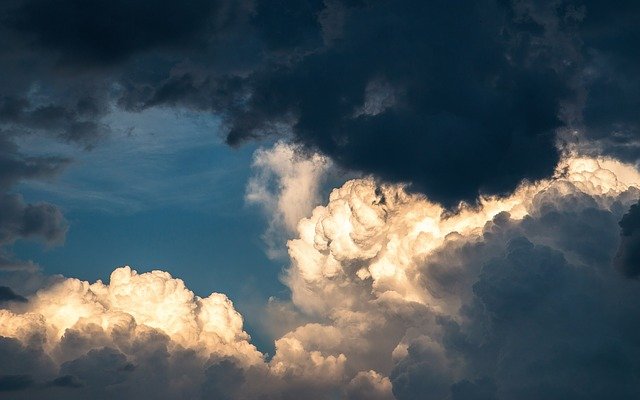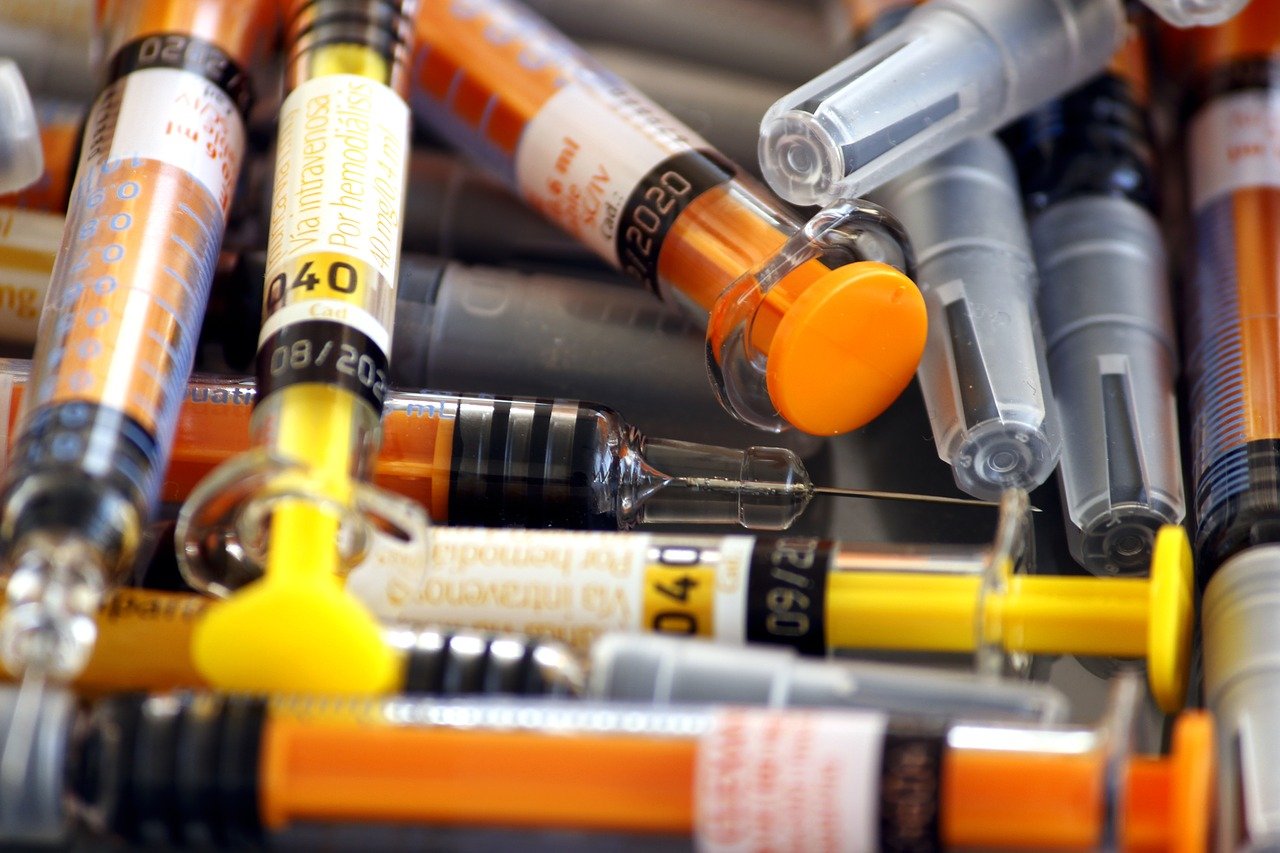Burning our Future: Philippine Filipino Rich Families and Corporations putting the Country’s Health, Environment and Energy Security at Risk
While it has been a common fact that globally, investments in coal are already a downturn and energy development that is clean and renewable are now getting priority stakes in most developed countries.
Companies are getting more responsible with their investments taking much precedence to the impetus of climate change, the health and environment impacts that these investments may accrue plus the increasing public transparency and reporting these investments are being required.
However investments in energy development in the Philippines defy this global trend. In a country where energy market is very dynamic due to relative expansion of the economy, all streets seem to be going to energy development. But these Filipino Rich families and corporations may have lacking compared to their foreign counterparts who have earlier divested their investment from coal and other dirty and harmful energy. These families and corporations are unmindful of the global trend and are still pouring in their investments that spell death and destruction for peoples and communities. Many of these oftentimes defy
Philippine laws and see environmental regulations as anathema to their profit ventures. They are unperturbed of the deaths and destruction these projects have created.
Most of the Philippine Banks are into investments in coal projects. The Intergovernmental Panel on Climate Change (IPCC) unequivocally states that burning of coal is the number one greenhouse gas that causes global warming. There are many countries now, which prematurely closed down coal fired power plants in order to address the climate crisis. Besides these coal plants also face stiff resistance from host communities, environmentalist and the health sector due to its impacts on health and environment. A recent 2015 study lead by the Harvard University looking at the possible health impacts of the existing and expansion of coal plants across the Philippines, if the new coal fired power plants are allowed to operate, premature deaths may increase up to 2,410, or more than double the current number of people dying from coal-related pollution in the Philippines. To whatever degree these Philippine banks and Families invest in coal projects, the topmost banks and families are the following: Yuchengco of Rizal Commercial Banking Corporations, Henry Sy of Banco de Oro, the Ayala’s of Bank of Philippine Islands and the Gokongwei’s of JG Summit.
Prior of being controversial for their involvement of an anomalous transaction and being slapped with a 1 billion-peso ($21.3 million) penalty for violations of banking rules in connection with the $81 million theft of Bangladesh Bank reserves, Rizal Commercial Banking Corp has silently etched its way in coal plant financing. The Yuchengco’s has been involved in the expansion of coal projects in the Philippines with no less than 21 coal projects they are involved with. The bank is believed to have invested not less than US $ 2.2 B in coal plant expansion.
Henry Sy and its Banco de Oro many might think that diversification of its investments has made wonders for the family. But before we come to know how this family amass there nasty millions, just look how large is their investment portfolios in coal plants. To date, the Family and bank has invested around US $1.456 Trillion in coal expansion.
The Ayalas are fast catching up with other rich Filipino families into “dirty” investments. Its bank, the Bank of Philippine Island based from its owned released report claimed Php 365.8 Billion and $425 US Million Dollar in coal plant investments. The Family also has set-up their energy company called AC Energy and is now involved in the US $1Billion drawdown of construction of the first of two identical units of 668- megawatt (MW) supercritical coal-fired power plant in Mariveles, Bataan. The Family is now a major energy conglomerate with major projects dotting the country. It own most of the plants in Bataan right now including the 135 MW in Batangas and another 135 MW in Iloilo Province.
The Aboitiz family has evaded the stiff competition in Luzon and for some quite time builds its energy empire in the Southern Philippines. Its biggest project so far is the 600 MW Therma South coal plant in Toril Davao. Aboitiz also owns the Therma Luzon in Pagbilao, Quezon Province, has a 34% equity ownership of STEAG State Power, Inc. in PHIVIDEC Industrial Estate in Misamis Oriental, Northern Mindanao and owns 26.40% effective interest of the circulating fluidize-bed coal-fired power plant in Toledo, Cebu.
The Gokongwei’s has also entered the arena into power development with its current thrust focused in Batangas. It is expanding its 300 MW in coal plant to 600 MW in Brgy. Pinamucan Ibaba.
Completing the initial six Filipino Families investing into dirty and harmful energy is the Consunji with its company DMCI. The Family is the first to venture into coal mining and coal plant development. It owned the Calaca Coal Plant in Batangas and the notorious Semirara mines where mining accidents involving deaths of workers made it very controversial.
The combined energy supply of all these coal plants accounts for 55 % of the electricity needs of the country today. It is a big shift prior to the 1990’s where renewable energy was dominant. With more coal plants now in the pipeline, a total of 36 coal plants will become operational between 2016 and 2022. By 2022, coal will be occupying not less than 70% in the power mix. The fear of the country locking into coal is very certain.
How will the Philippine government deal with these coal plants whose contracts will still be existing beyond 2030 and 2050, but will be forced to be shutdown due to the narrowing global emissions budget? Where will the Philippine Government get for the payment of compensation of these soon to be stranded assets? Clearly by now, the future of the Filipinos is being burned by these Filipino companies into dirty and harmful energy.
- Kaspersky Lab helps uncover vulnerabilities on gas stations by hackers - February 12, 2018
- 26-percent of Ransomware Attacks now target business - November 30, 2017
- The Battle is on to Fight Human Immunodeficiency Virus (HIV) - November 27, 2017



